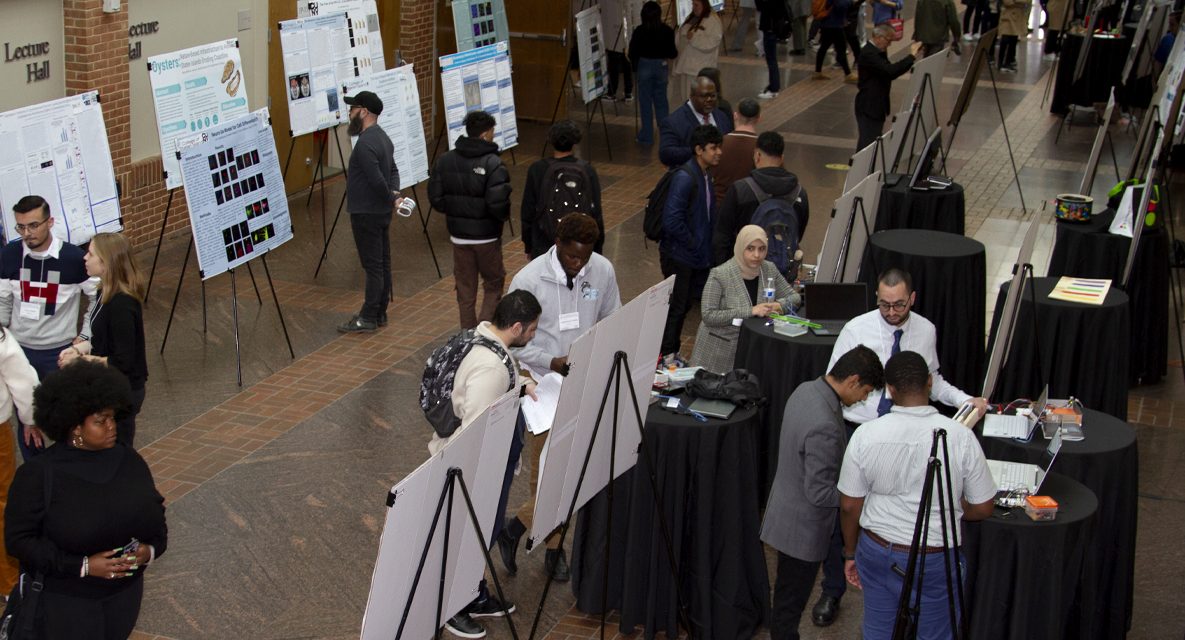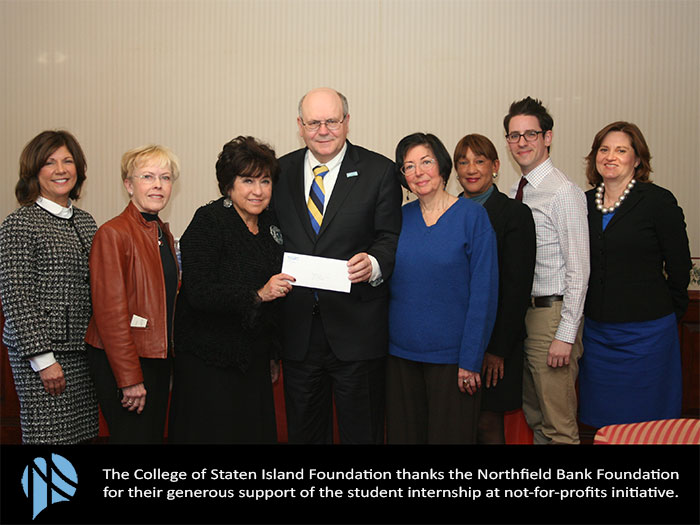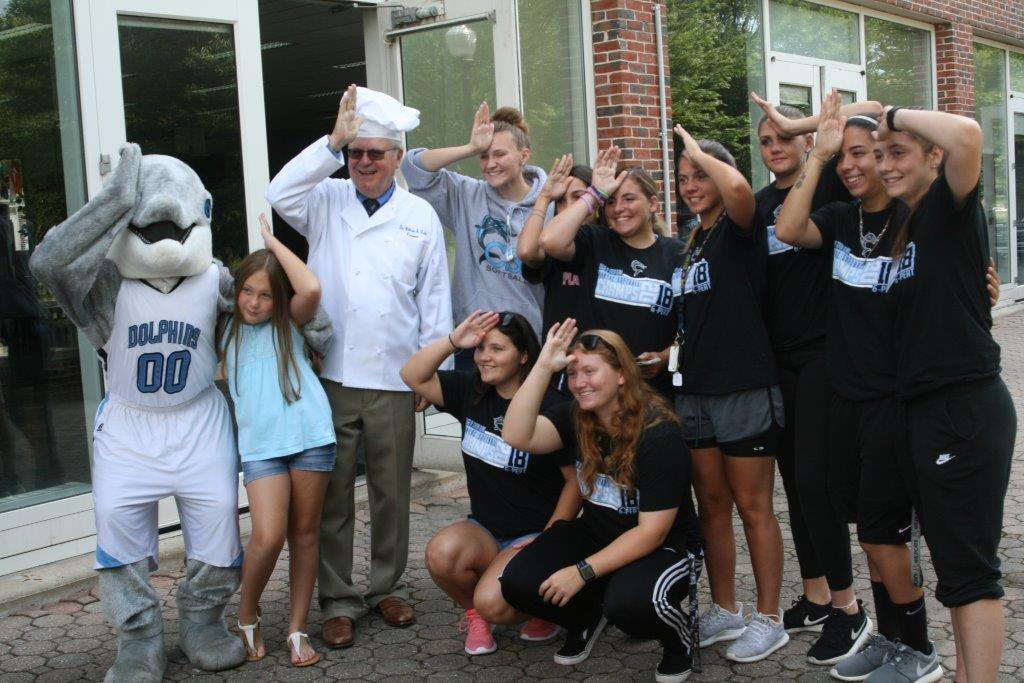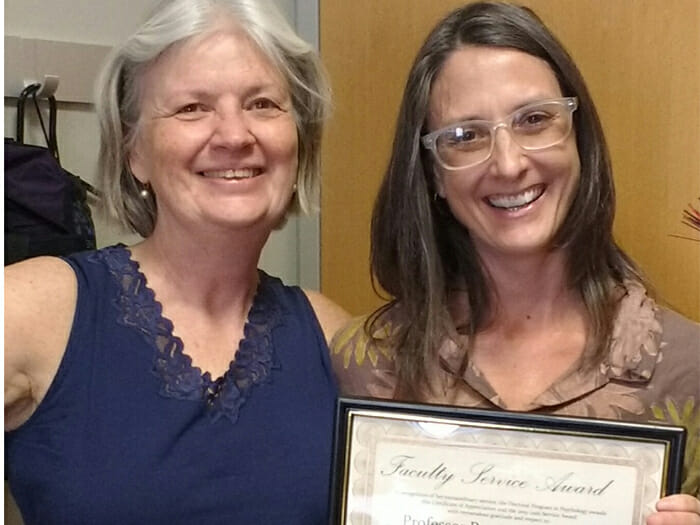Growth Reflects University’s Strategic Priorities to Support Faculty Efforts and Expand Impact of Research Enterprise to Produce Transformative Advances for New York and Beyond
The City University of New York raised a record-setting $633.2 million in external funding for research and other sponsored programs during the 2023 fiscal year, advancing a key strategic priority to strengthen CUNY’s research ecosystem and amplify the quantity and quality of engaged public-impact research and scholarship. This is the highest recorded award activity in the 60-year history of the Research Foundation of CUNY (RFCUNY), which identifies, obtains and administers financial support from government and private sponsors. The figure marked an increase of nearly $73 million, or 13%, over the previous fiscal year, and a 27% increase over the $498.1 million secured in Fiscal Year 2021.
Funding for research and other sponsored activity is now higher than it was at its pre-2020 peak, meaning that CUNY researchers have fully resumed the upward momentum that was interrupted by the pandemic. This external support comes predominantly from federal, city and private funders, each of which provided an average combined contribution of just under $180 million in fiscal year 2023, with an additional $84 million from state funding sources and $9.1 million from the Manhattan District Attorney’s Office.
RFCUNY
“CUNY is a massive catalyst of creativity, ingenuity and innovation in research, an enterprise that is powered by people of all backgrounds and advanced by their success in obtaining robust financial support for this work in all areas of inquiry,” said Chancellor Félix V. Matos Rodríguez. “If there’s an area of need, there is somebody at CUNY who is working on it, doing something important and contributing in some way. Their research is increasingly relevant to the pressing issues of our time. We’re committed to nurturing those efforts.”
“We are able to celebrate this milestone because of the efforts of CUNY faculty and staff and the many people involved in the CUNY and RFCUNY research enterprise,” said Héctor Cordero-Guzmán, the president of RFCUNY. “RFCUNY, in collaboration with campus grants teams, takes on the administrative and support tasks that allow researchers to focus on their intellectual curiosity and propose concrete solutions to society’s challenges. I am very proud of all the accomplishments that CUNY and RFCUNY have been able to achieve and we are poised to continue to make a significant positive difference in the next 60 years.”
The University’s seven-year strategic plan, released this summer, prioritizes the promotion of engaged public-impact research and scholarship. The generation of knowledge by more than 10,000 faculty scholars and staff produces transformative advances for New York City, New York State and beyond, and creates important opportunities for CUNY students and graduates. CUNY researchers are working to reduce disparities in public health, mitigate urgent impacts of climate change and pursue a wide range of advances in the arts and humanities, social sciences and the range of STEM fields.
Early Encouragement
The growth of CUNY’s externally funded research enterprise is the result of an intensified effort to add considerable pre-proposal support for faculty. Where possible, the University has also leveraged programmatic resources to encourage and educate faculty members who hadn’t previously applied for research funding. A primary example is CUNY’s Black, Race, and Ethnic Studies Initiative (BRESI), funded with $3 million of a $10 million gift from The Andrew W. Mellon Foundation. To reimagine and further develop programs in Black, Race and Ethnic Studies across all 25 CUNY campuses, the University awarded 126 grants in nine topic areas including research grants for senior and community college faculty and students. In addition to the many benefits of the funded programs for faculty and students, the BRESI structure served to introduce many faculty members to the fundamentals of grant writing and project management, skills they will carry forward throughout their careers and that increase opportunities for more external funding to CUNY.
CUNY’s Office of Research has long provided internal grant funding to seed the development of interdisciplinary research. The idea is to promote collaboration by faculty across campuses and disciplines, and to help researchers get projects up and running as they develop a clear path to expansion and the pursuit of external funding and support. Recent areas of emphasis include the impacts of climate change on urban and coastal environments, mitigation and consequences of COVID-19 and related public health issues; and a range of urban challenges in education, social services, population studies and beyond.
The City University of New York is the nation’s largest urban public university, a transformative engine of social mobility that is a critical component of the lifeblood of New York City. Founded in 1847 as the nation’s first free public institution of higher education, CUNY today has seven community colleges, 11 senior colleges and seven graduate or professional institutions spread across New York City’s five boroughs, serving over 226,000 undergraduate and graduate students and awarding 55,000 degrees each year. CUNY’s mix of quality and affordability propels almost six times as many low-income students into the middle class and beyond as all the Ivy League colleges combined. More than 80 percent of the University’s graduates stay in New York, contributing to all aspects of the city’s economic, civic and cultural life and diversifying the city’s workforce in every sector. CUNY’s graduates and faculty have received many prestigious honors, including 13 Nobel Prizes and 26 MacArthur “Genius” Grants. The University’s historic mission continues to this day: provide a first-rate public education to all students, regardless of means or background. To learn more about CUNY, visit https://www.cuny.edu.
– CUNY Media Relations



















